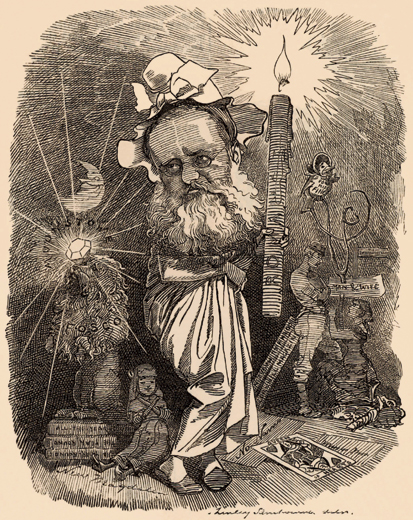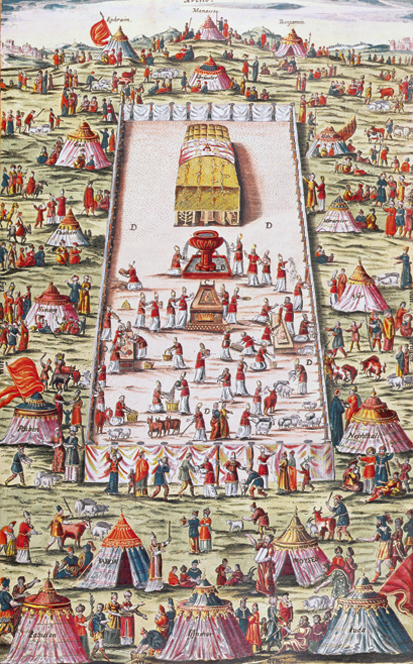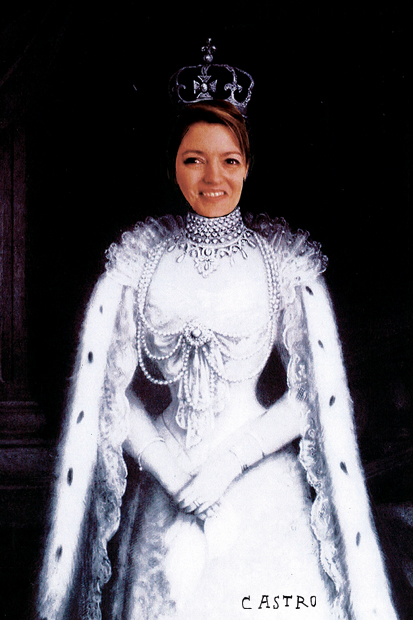In South Korea, some 20 million people share just five surnames. Every one of Denmark’s top 20 surnames ends in ‘-sen’, meaning ‘son of’, a pattern that is replicated across Scandinavia. British surnames have never favoured such neatness, and we can be grateful for that. While we may have lost such delightfully chewy names as Crackpot, Crookbones and Sweteinbede, the average city will still provide its Slys, Haythornthwaites, and McGillikuddys.
David McKie’s winding and sensitive study of British surnames is based on his findings in cemeteries, registers and oral accounts across six villages called Broughton, from Hampshire to Furness. It is a structure that allows the author to linger on the fate of particular names and their bearers — those that migrated, those that flourished, or faded with the end of the male line, and those that became the catalyst for bitter feuding and bloodshed.
McKie’s fascination is with the stories of real individuals: the powerful families whose forebears crossed the channel in 1066 — among them the Sinclairs, Nevilles and D’Arcys — as well as those who lived for their names and frequently died for them. Around a third of William’s conquering army were Flemings, a name meaning someone from Flanders and traditionally associated with trade and entrepreneurship. When English merchants began to resent the new competition, the results were dramatic — McKie relates how many of the Flemings who had settled in London were hunted down by mobs and forced to speak such words as ‘bread and cheese’. If their response sounded like ‘brod’ and ‘caisse’ they would be set upon and slaughtered.
In the 17th century, surnames were harnessed to more peaceful, but no less manipulative, ends. Under the influence of the Puritans, the practice arose of baptising children with scriptural or pious phrases annexed to their last name. Hence there are church records of such names as Preserved Fish, Thankful Thorpe, Repentance Water, Kill-sin Pimple, and Humiliation Hinde. Conversely, other surnames of the period offer unflinchingly pithy descriptions of the condition of the bearer, including Blackinthemouth, Blubber, Mad, Measle, Peckcheese, and Hatechrist.
Many such examples would have begun as nicknames, a significant category in the origin of surnames. Gyldenbollockes was a popular name on the streets of medieval England, centuries before David Beckham, while others such as Thynne and Belcher speak for themselves. And yet in all such cases, McKie is rightly keen to emphasise the rarity of an easy answer. The ancestors of anyone called Brown today may have traditionally worn brown cloth, but they may also have been of swarthy complexion; similarly, the surname Stout may have begun as the result of medieval humour and an epithet for one who was notably skinny.
Nonetheless, the importance of such nicknames must not be underestimated: not only are they the source of a great number of British surnames, they also provide dictionary-makers with important evidence of a word’s early use. McKie might be amused to know that, while the first quotation in the Oxford English Dictionary’s entry for bilberry is dated 1584, the Court Roll of Nottingham offers evidence of one ‘Adam Bilberylyp’ who lived some two centuries earlier (presumably with vividly purple lips). Even the F-word is first recorded, as far back as the 13th century, in some very unfortunate surnames.
The perspective of McKie’s study is an ambitious one. He takes in surnames from fiction (Murtlock suggests murder, while Bagshaws tend to wear ill-fitting corduroys), those from myth and legend (including Rumplestiltskin, who is safe only for as long as his name remains undiscovered), and some important ones from today whose meanings would surprise us all. If we were to judge a politician by their surname, David Cameron would have a crooked nose, George Osborne would be a divine bear, and Chris Huhne a bogeyman.
There are plenty of surname dictionaries available, intended for quick and easy reference. What’s in a Name? is resolutely not one of those. This is a book for reading, and it is one that requires persistence. In many ways it is as gnarly as the names that have intrigued and baffled onomasts for centuries, and that is its greatest asset. If not all of the paths McKie travels deserve quite as much detail as he gives them, there are plenty more that pay off handsomely. The readers that follow them will, by the end, find themselves amply equipped to tackle the question in the book’s title.
Got something to add? Join the discussion and comment below.
Get 10 issues for just $10
Subscribe to The Spectator Australia today for the next 10 magazine issues, plus full online access, for just $10.
Susie Dent is an English lexicographer and adjudicator on Channel 4’s Countdown.
You might disagree with half of it, but you’ll enjoy reading all of it. Try your first month for free, then just $2 a week for the remainder of your first year.













Comments
Don't miss out
Join the conversation with other Spectator Australia readers. Subscribe to leave a comment.
SUBSCRIBEAlready a subscriber? Log in